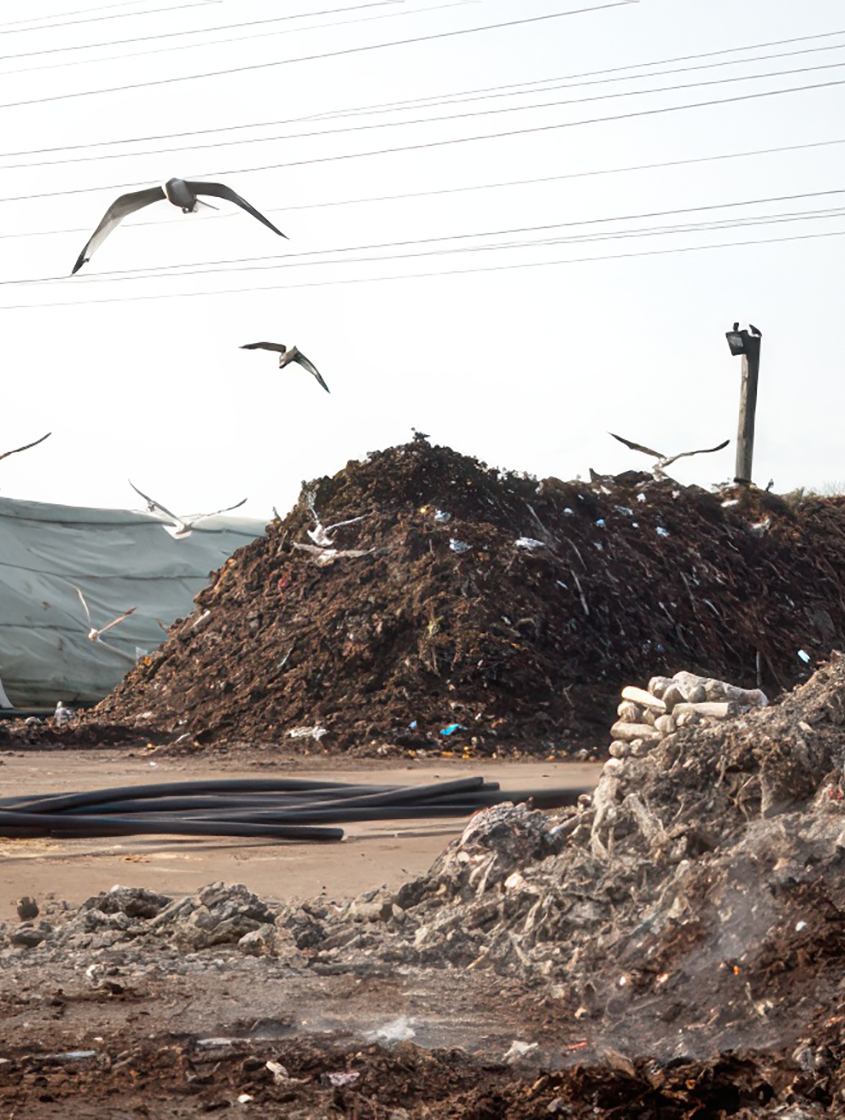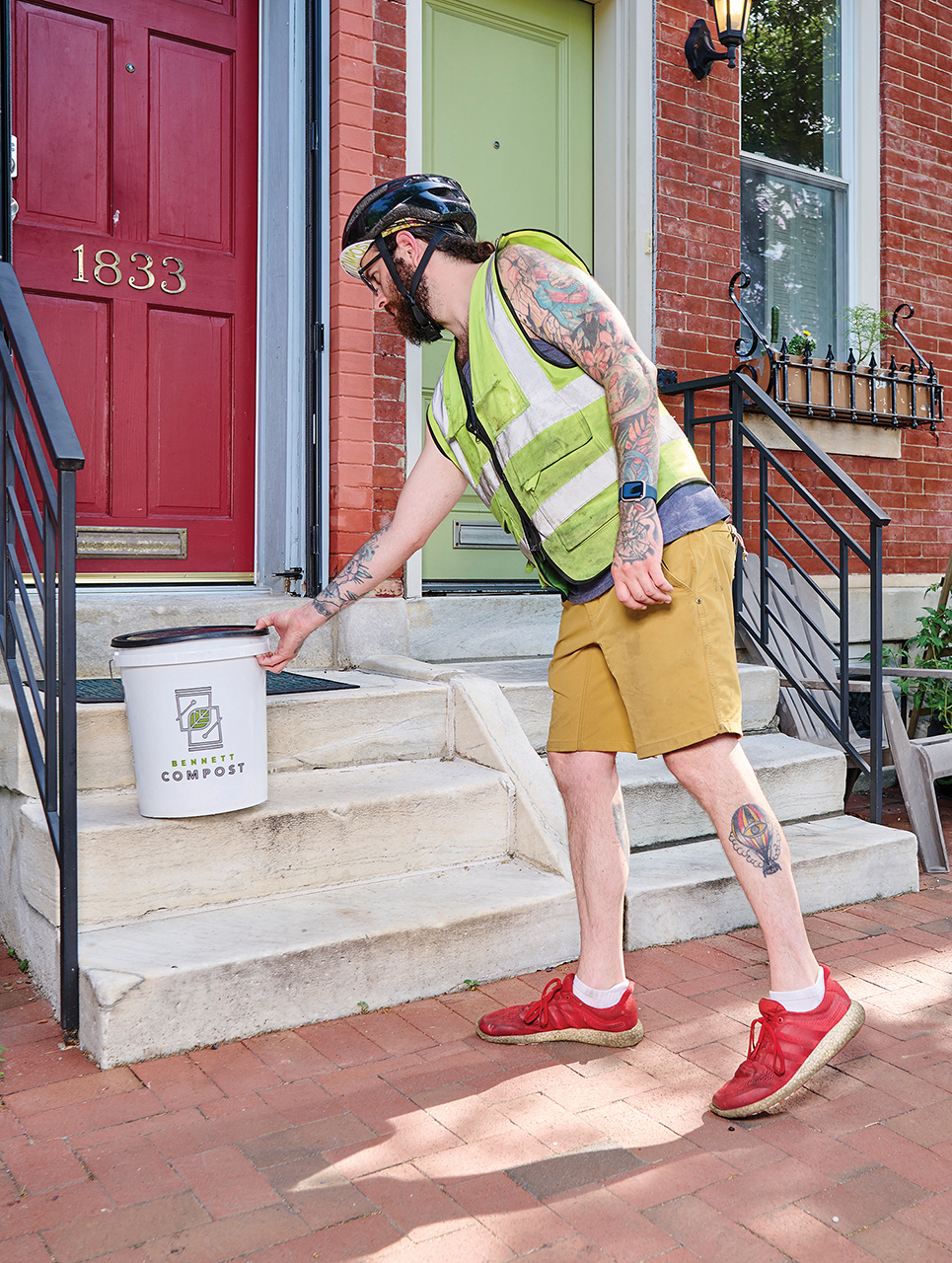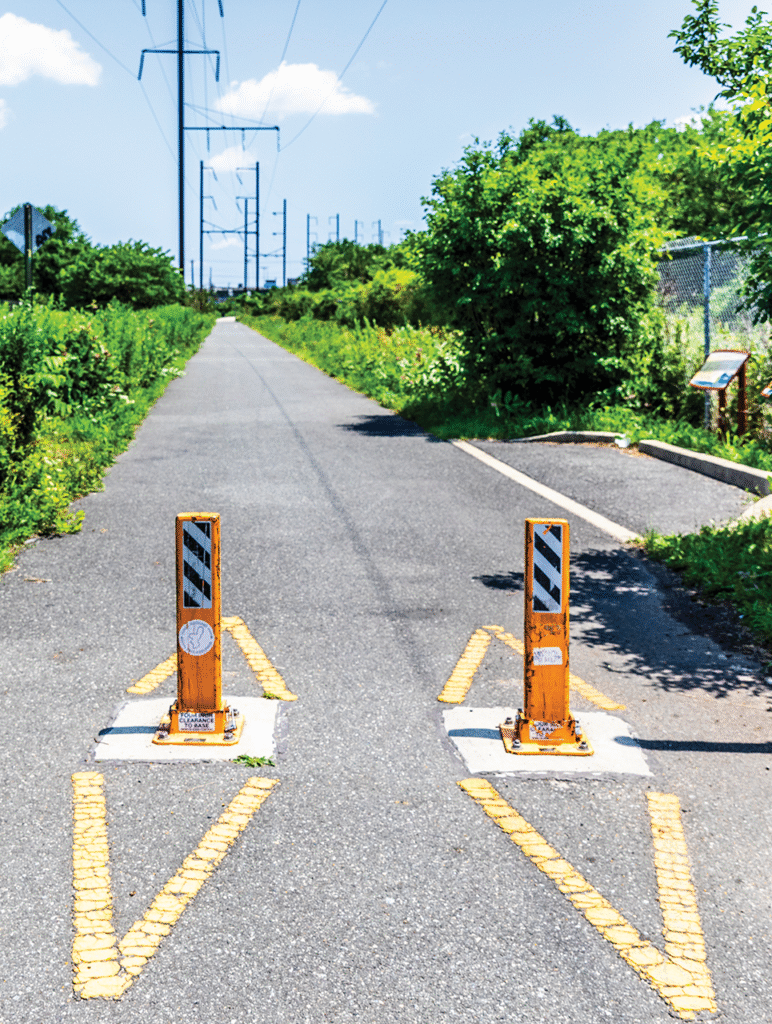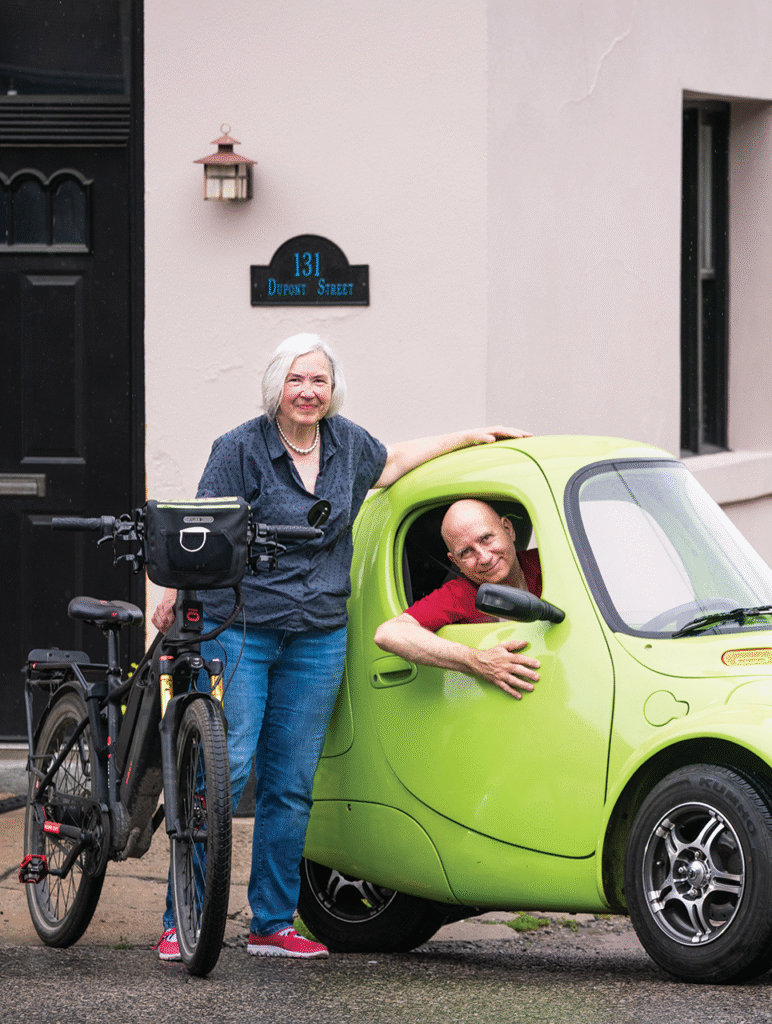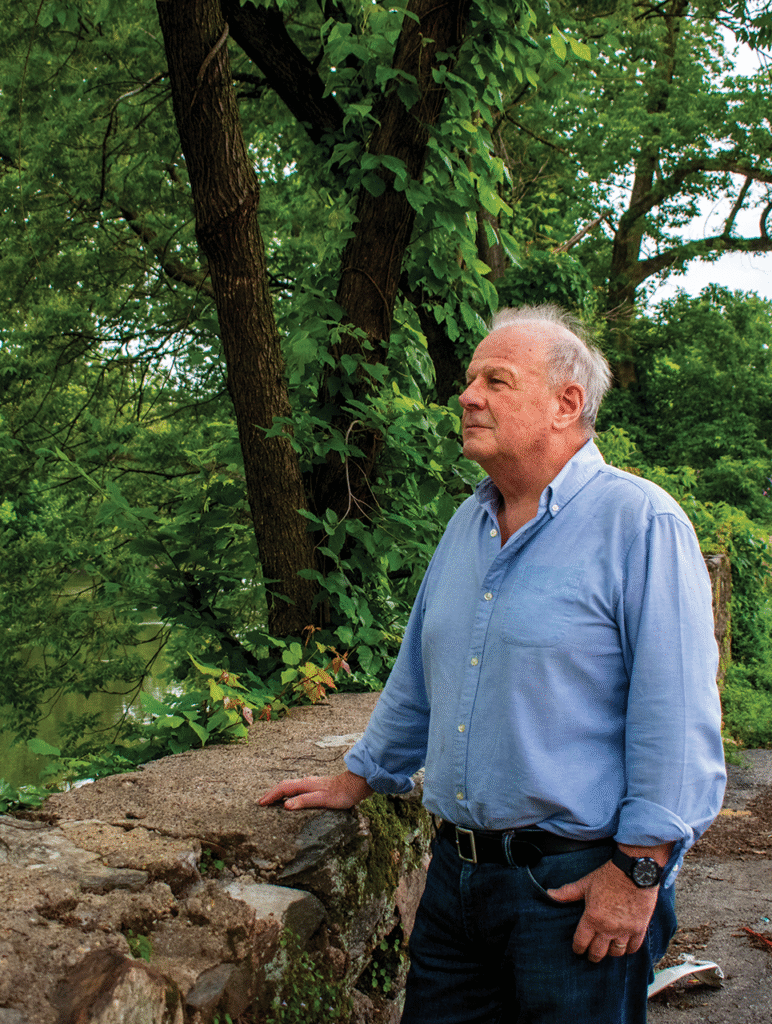My first four columns covered different ways to collect food waste from residents. But collection is only the start. Once food scraps are collected, they need to be composted. This is where it gets tricky. We don’t currently have enough permitted composting facilities in the region to handle all of the food scraps. So what can we do about this?
First, some background. Any composting facility that is larger than a backyard system and accepts outside food scraps needs to be permitted by the Pennsylvania Department of Environmental Protection (DEP). Prior to 2022, if you weren’t a farm or a quarry — which had their own permits — it was difficult to obtain one. In 2022, guidance from the City of Philadelphia and Bennett Compost prompted the DEP to amend the farm permit to allow small- and medium-scale composting facilities to exist anywhere in the commonwealth provided they met reasonable requirements. This led to the creation of Philadelphia’s only two permitted composting facilities.
And opened the door for more. Building a network of small-to-medium facilities throughout the city would create a resilient composting infrastructure not dependent on one mammoth or two large regional ones. The closure of Wilmington, Delaware’s large-scale Peninsula Compost Facility in 2015 for odor and other public nuisance was a major setback for composting in this region, and we must heed the lessons of that history. Small-to-medium facilities have lower risks of nuisance, reduce the distance food waste has to be transported and are easier to build. Local composting creates more jobs and is more likely to connect the finished product (soil) to local community gardens and farms. Small-to-medium facilities are more likely to be operated by local businesses committed to composting rather than large, multinational corporations that too seldom deliver on their promises related to composting and recycling. The reasons go on and on.
Local composting creates more jobs and is more likely to connect the finished product (soil) to local community gardens and farms.
The main challenge with small-to-medium facilities is the initial investment necessary for construction. This is where the City could play a role. Identifying public land where composting facilities could be set up, helping to build the sites out and then operating these in partnership with local companies would lower some of the costs. The City could reap such benefits as free collection of material from City properties, access to high-quality finished compost and opportunities for compost education, training and workforce development.
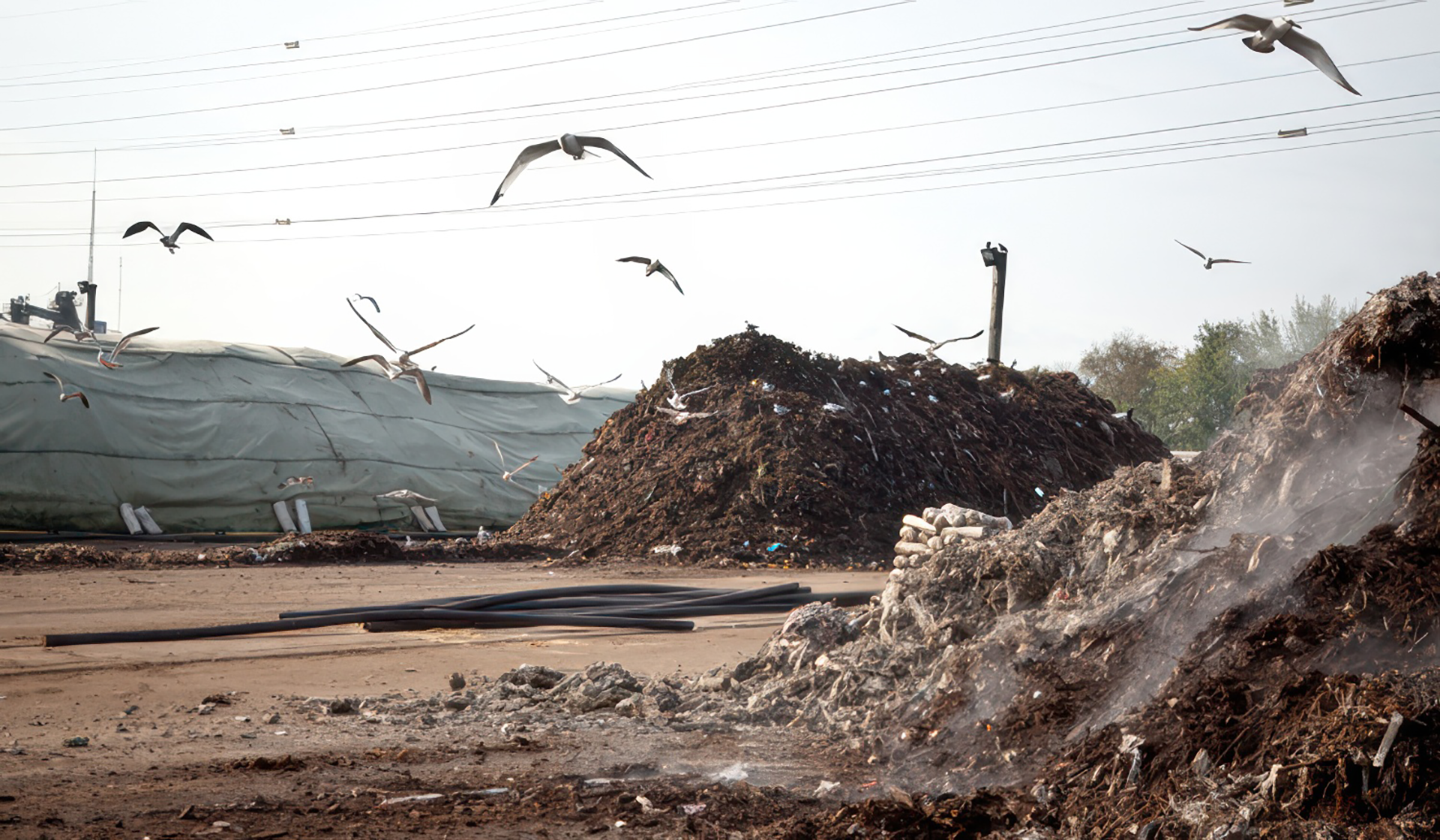
The most obvious place for such a public-private partnership to take shape is the Fairmount Park Organic Recycling Center, the City’s leaf and yard waste composting facility. An EPA grant that would have funded laying the groundwork for a food waste composting system on the site fell victim to the recent DOGE cuts. The City has — to its credit — expressed interest in finding outside monies to fill the gap, but I’d argue that the work should proceed even without a replacement influx of cash: $150,000 is a lot of money for you or for me, but not for a city government serious about composting.
The grant also would have funded identification of other potential locations for composting facilities. Underutilized public land on Water Department and Parks & Recreation properties could fit the bill. The City’s Rising Sun Avenue Composting Facility is a demonstration of how small-to-medium facilities can be operated on smaller parcels, closer to other businesses and residents, thus expanding the portfolio of available spaces.
Increasing our capacity for composting in the city is necessary to move beyond pilot collection projects. There is an appetite for more collection of food waste and for more locally made, high-quality soil products. We just need to build the infrastructure. Let’s do this, Philly!
Tim Bennett is the founder of Bennett Compost. Alex Mulcahy, publisher of Grid, is also a partner.


